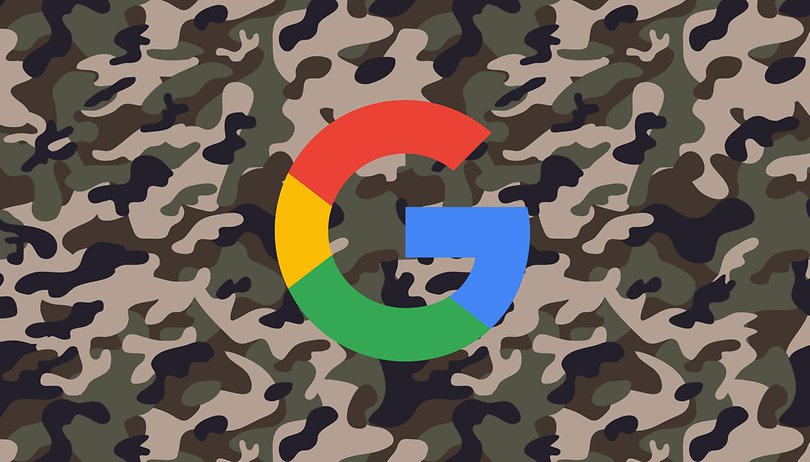Google believes it can restructure the Internet, but can it?

The Internet has been intruding into our society for many years now. From banking to online streaming and communication, it is now difficult to live without it. It is precisely because of its large number of users - or more precisely because of the abuse perpetrated on them - that it must be changed. A vast project is in motion to make a drastic change at a fundamental level. The why is very clear but the how is still unknown.
Changing the structure of the Internet: is it really necessary?
For the user, the Internet is very simple. You enter a valid web address and you are taken to the page you wanted to see. It is not necessary to get into the workings of computing and explain how all this works, but it is important to analyze the composition of an Internet address, i.e. the URL.
At the very beginning, you usually find an https, i.e. an HTTP to which modernity has added the "s", denoting "secure"). A note to the curious, the ‘s’ refers to SSL protocol and allows for encrypted communication between the device and the server, you will find more information in this article on https if the subject interests you.

Then you will find the domain name of the site, often preceded by the famous "www". It is followed by the extension (.com,.fr,.org,.org,.gov etc). Then comes a slash and, from there, different links to the pages you visit. For example, here it is "google-believes-it-can-restructure-the-internet" which allows you to access this page. Blogs, for example, often use dates in the URL to get a better overview in the CMS.
Very simple, isn't it? A little too much, even, and some ill-intentioned people have understood this well. They use (and abuse) phishing to lure users with similar web addresses ("androipit.com", for example). The longer the link, the less likely the uninformed user is to see the problem and can, therefore, be fooled and share confidential information, like a credit card number. Many other problems exist, for example in ASCII codes to name but one, allowing for different types of attacks.
Security is not the only problem, the URL concept itself can be considered outdated. From the typo that leads to nothing at all, to the extended links to see a simple image or video, the content is not always clear before opening a link, and sometimes we even regret having clicked it.
What is the proposed solution?
For the moment, there is no real concrete solution. Google is probably one of the most motivated companies to make URLs a thing of the past, but for that, you need not only an alternative that works very well but also a way to make a smooth transition so as not to scare webmasters.
Chrome employees analyze the data they obtain in order to understand how it is used in different contexts. Over time, they may (probably) find a solution, but it will not be an easy task. Put simply, we need a way to search for information based on what it is, not where it is.
Do you think changing the structure of the Internet is a solution or is it better to try to solve the problems using the existing URL setup?




















Actually, I think one of the causes of Google's great success is that users are more likely to google up a web address than to bother remembering or saving URLs, and from Day 1 Google has been the most reliable search to do that. I'm surprised the internet works as well as it does. (I noticed Google has apparently rolled back a change to current Chrome browser that was supposed to simplify the appearance of URLs in the address box - never saw it myself.)
A lot of websites implement terrible search engines and google, bing, duckduckgo, all do a better job of finding the internal page than their own search does.
Directly on topic of the post, I recall reading an article years ago about the people discussing how the decision to use / in URLs came about. It was a rather involved decision with multiple other options on the table. I wonder if we looked back at the creation of arpanet (the precursor to the internet) would we find that in the old days there were alternates to a URL as we know it? Might some of those ideas have finally found their time? In other words, why re-invent the wheel if someone else already did the work?
hahahahaha maybe they should start with a smaller project that doesn't get shut down within a year. i'd hate to see them reinvent the internet just to shut it down like they do most of their products.
Amazing information.
Sounds like Google think they own the internet.